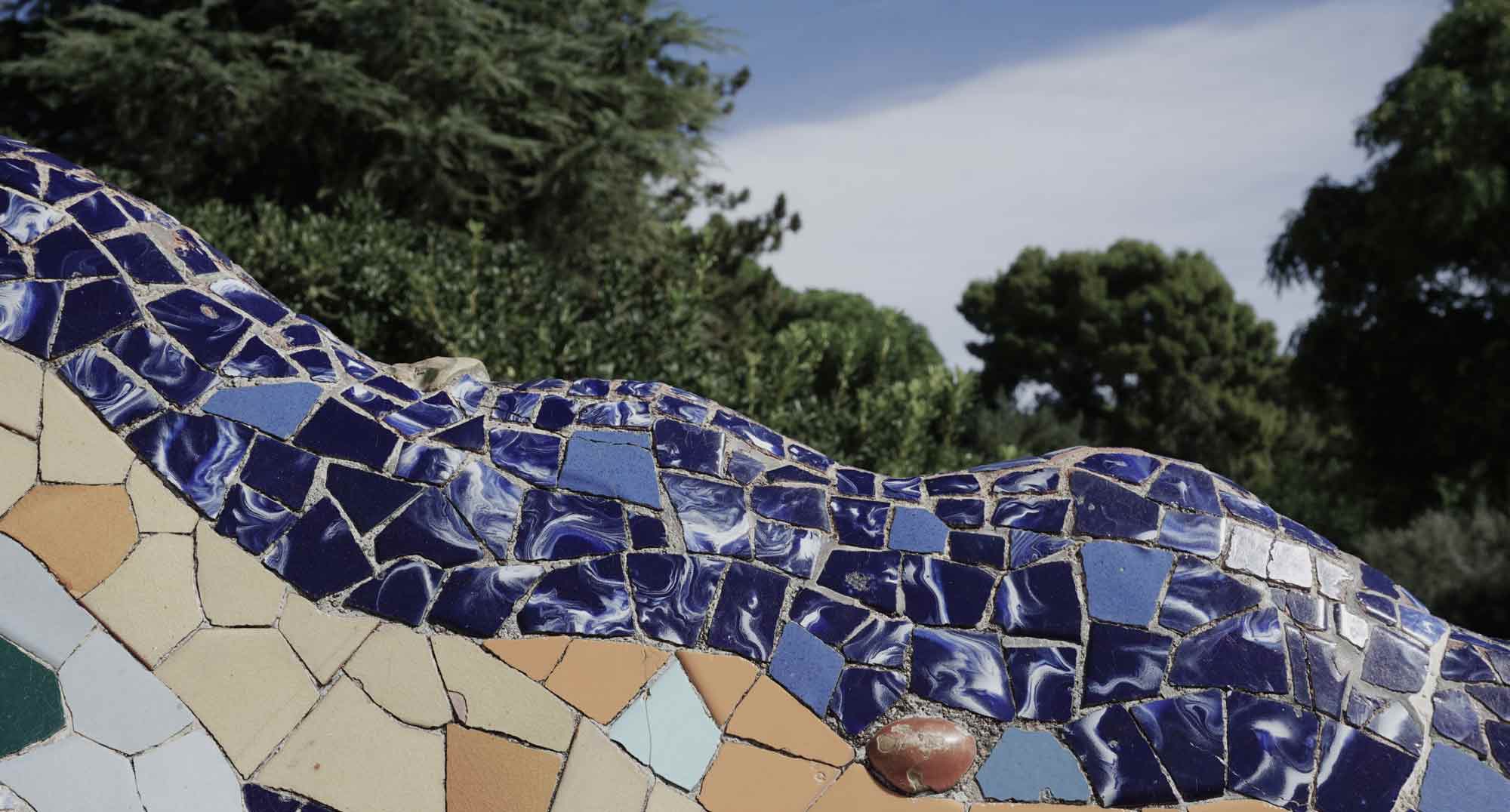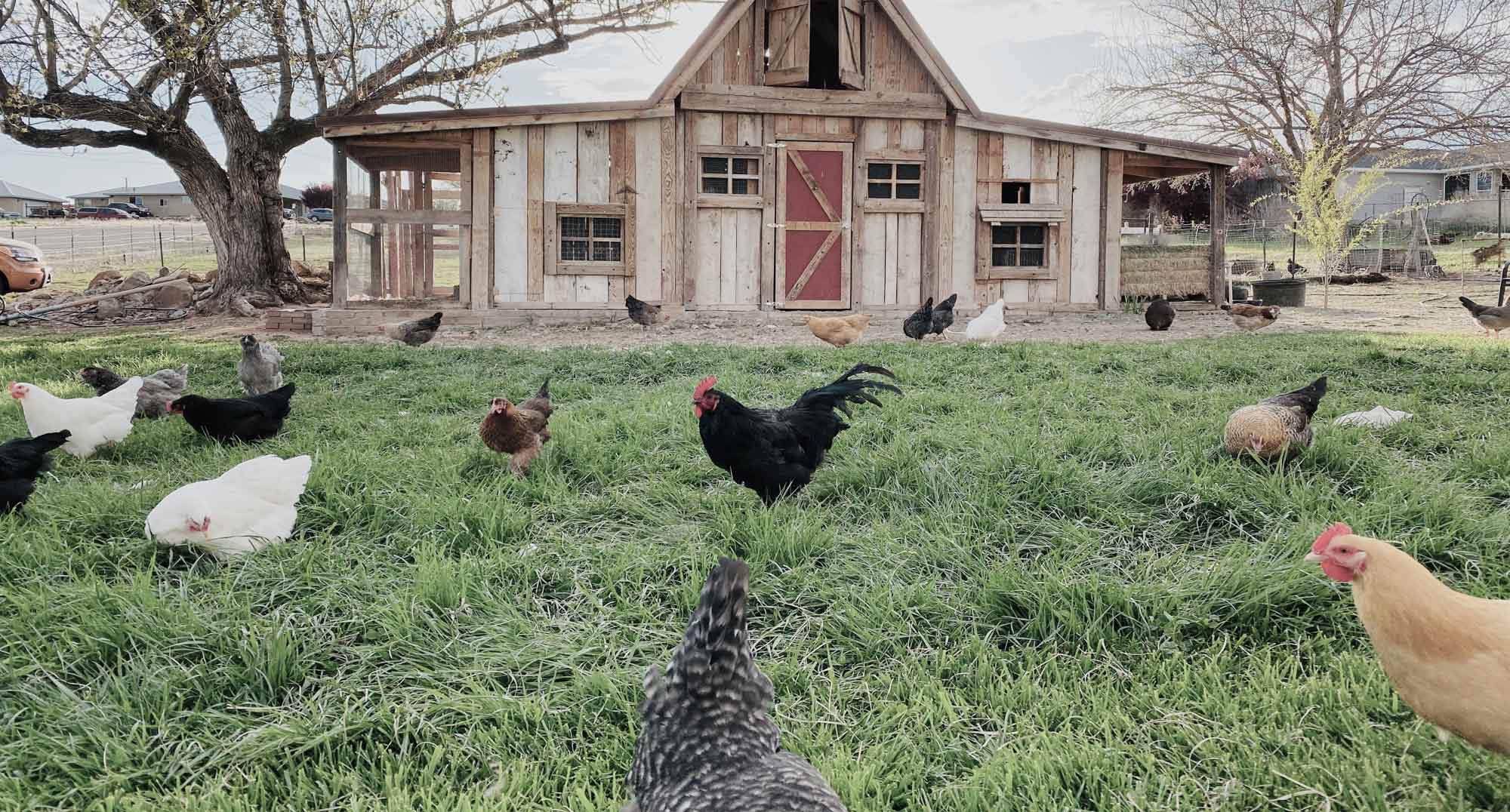The Sacred Work of Intergenerational Discipleship
KAREN HODGE|CONTRIBUTOR “Hear, O Israel: The Lord our God, the Lord is one. You shall love the Lord your God with all your heart and with all your soul and with all your might. And these words that I command you today shall be on your heart. You shall teach them diligently to your children, and shall talk of them when you sit in your house, and when you walk by the way, and when you lie down, and when you rise. You shall bind them as a sign on your hand, and they shall be as frontlets between your eyes. You shall write them on the doorposts of your house and on your gates” (Deuteronomy 6:4-9). Last words are precious and shape us. Moses has some final words for the children of Israel at the end of the exodus. He will not go with them into the promised land but only see it from a distance. He encourages these forgetful people like us to hear and listen up! They have seen sand and sad circumstances, but he invites them to start their new life on solid ground. The Shema above is the centerpiece of daily morning and evening prayer for Jewish families. It bookends each day with holy realignment, which begins by looking upward. We are to hear, listen, heed, and remember that Yahweh, our covenantal and relational LORD is our God, and He is One. In a polytheistic world of gods who compete for our allegiances, He is singular, other, and holy. No one else is His equal. He is our King and should rule and reign in every area of life. Moses notes the natural overflow of worshiping our LORD is the integration of faith and life. Intergenerational discipleship begins with the relentless dethroning of competing loyalties. God wants all of us—nothing held back—our heart, soul, and might. Our obedience is an overflow of our love for Him, not the Law. It is easy to get this upside down. Jesus quotes this greatest commandment to a young striving lawyer in Matthew 22:36-37...










